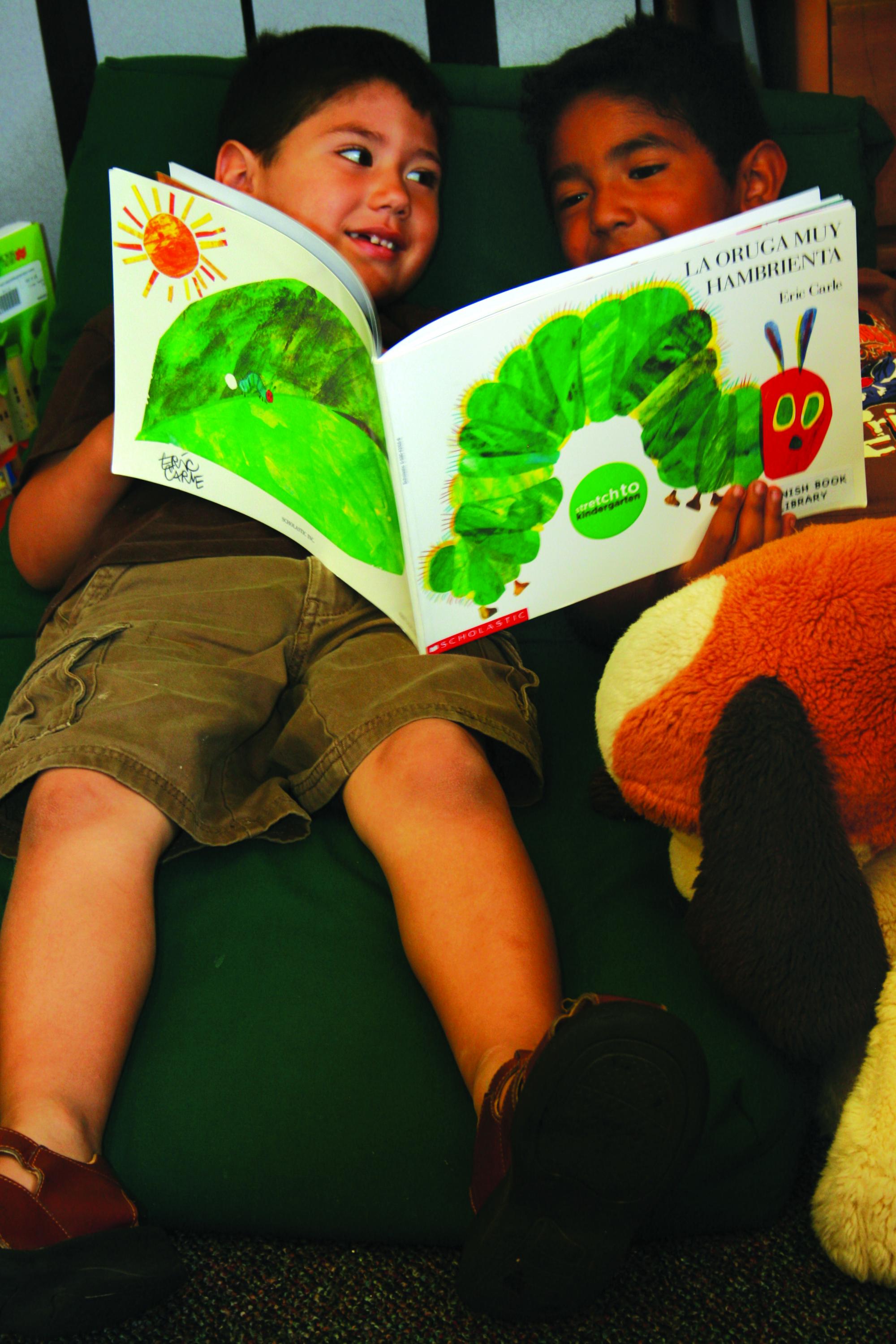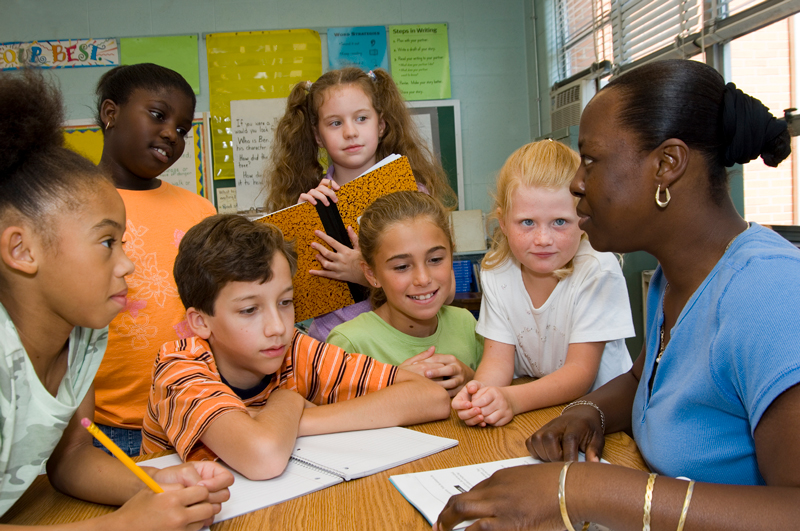What works for teaching children whose home languages are not
Por um escritor misterioso
Descrição
Around 20% of school pupils in England have home languages other than English, yet their teachers feel under-prepared to meet their learning needs.Multilingualism is an asset, but the effort of needing to learn English at the same time as understanding the curriculum in English means that these pupils do not always do as well in school as their monolingual peers. Moreover, funding for teacher development for teaching multilingual pupils is very limited and the National Curriculum in England does not account for multilingual pupils in its guidance.

10 Activities for Teaching Young Children About Emotions - Brookes Blog

Home - TalkingPoints

Second Language Acquisition

11 Essential Strategies for Teaching English Language Learners [For Any Teacher] – University of San Diego - Professional & Continuing Education

Language and Learning Foundation on LinkedIn: #literacy #education #sdg4 #sdg4qualityeducation #fln #llf #feature #media

Busy Toddler

ELTReP Issue 10: using inclusive practices and multilingual approaches (2) by British Council India - Issuu

Many Languages, One Classroom: Supporting Children in Superdiverse Settings

Spanish language in the United States - Wikipedia

10 Strategies to Build on Student Collaboration in the Classroom
de
por adulto (o preço varia de acordo com o tamanho do grupo)







